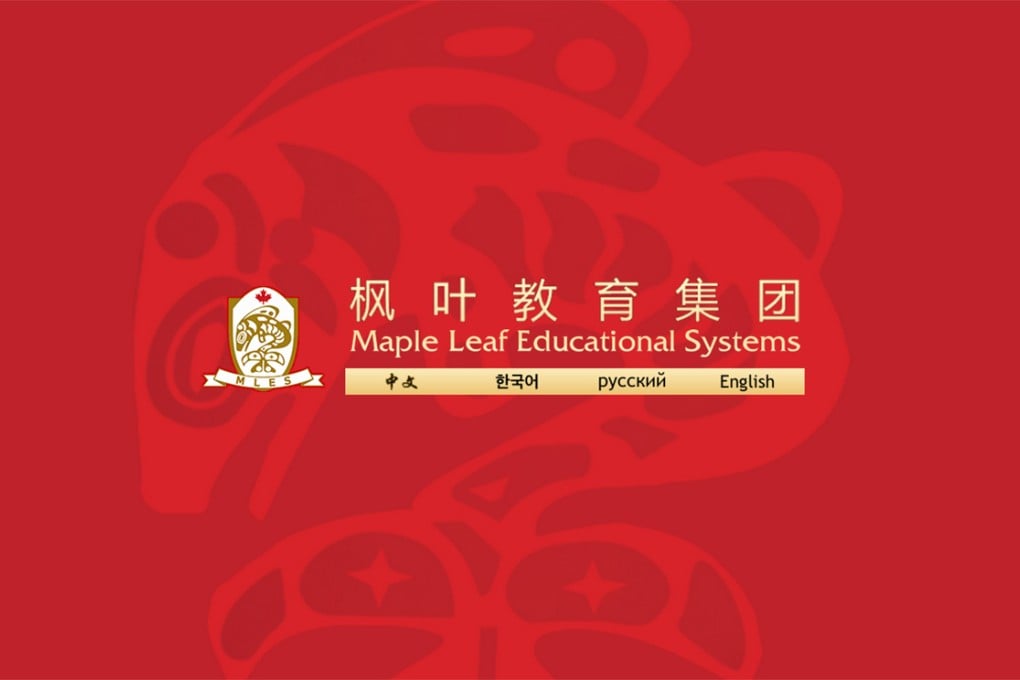Maple Leaf plans big private school expansion on mainland
The biggest international school operator in China has secured a US$9.5 million investment from the International Finance Corporation to help meet the growing demand for private education on the mainland.

The biggest international school operator in China has secured a US$9.5 million investment from the International Finance Corporation, a private sector arm of the World Bank Group, to help meet the growing demand for private education on the mainland.
The funds would help Maple Leaf, which yesterday became the first Chinese operator of private schools to list in Hong Kong, open 12 new primary and secondary schools in Xian, Yiwu and Pinghu to enrol about 9,000 students over the next three years, according to an IFC statement.
In recent years the number of private schools catering to Chinese nationals on the mainland has grown rapidly.
The growth was driven by the increasing number of expatriates in China since the late 1990s, and the strong desire of Chinese parents to eventually send their children to study abroad, according to a report by consulting firm Frost and Sullivan, which expects the trends to persist.
Maple Leaf, a company based in Dalian, educates more than 13,500 students in seven high schools, 10 middle schools, nine elementary schools, 12 preschools and two foreign-national schools in nine cities, including Chongqing, Dalian, Shanghai and Tianjin .
"We see this as a long-term investment. This is a good example where a scalable business can have a big development impact on society," said Henrik Pedersen, IFC's consumer and social services manager for Asia.
"I believe this chain of schools will do well in the long run. But we don't set a time frame for realising returns and IFC will stay with the investment as long as we have a role to play."